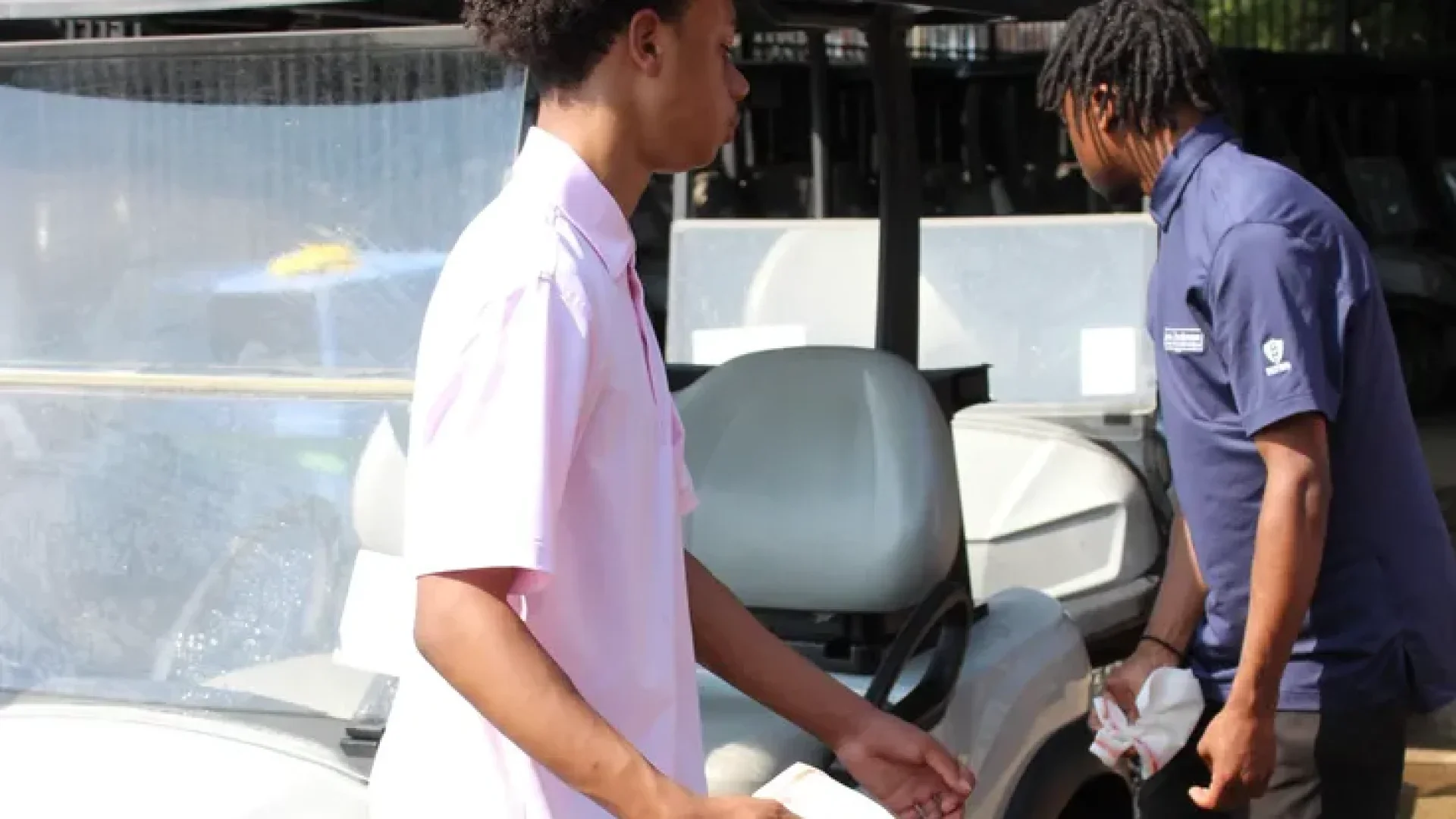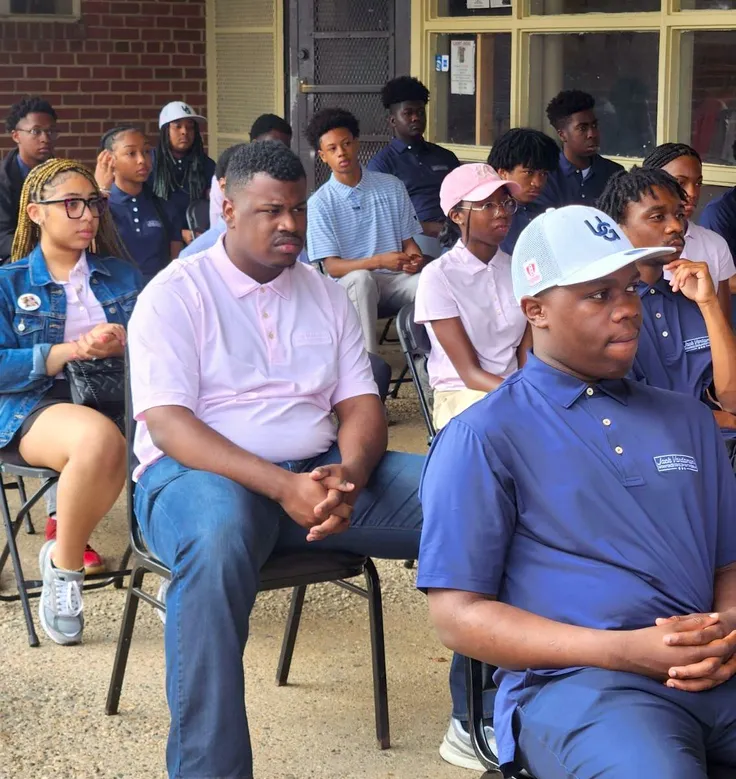
With youth crime rates increasing in D.C., one organization in the nation’s capital is committed to changing the “course” of Black youth who might need productive outlets.
“The National Links Trust, a 501(c)(3) non profit, is dedicated to positively impacting local communities across the United States by protecting and promoting accessible, affordable and engaging municipal golf courses,” reads the website.
Their first project: three municipal courses in Washington, D.C., “East Potomac Golf Links, Langston, and Rock Creek Park.”
As the director of community engagement for the National Links Trust David Daniels said, “Golf is a [$101.7 billion] industry…And there have always been barriers to entry for Black and brown people.”
Daniels is recruiting students “for the Jack Vardaman Workforce Development Program, an internship that provides Washington youths with lifelong practical skills, job training, a source of income and scholarships.” Of note, “[e]ven as the program remains inclusive, it pays special attention to youths from underrepresented areas such as wards 7 and 8.”

Interns meet up at Langston Golf Course, located in northeastern Washington, which was once the go-to course for Black golfers during the days of segregation, for where they will learn about different aspects of the business of golf – “from how to operate a golf course to merchandising and even agronomy.”
One student even had the opportunity to attend a tournament hosted by golf great Tiger Woods and even play with the legendary athlete, who revealed his own challenges with racism in the sport and being denied entry into country clubs, like many other nonwhite people.
“Golf evolved largely as a country club sport in the United States, and African Americans were barred from most memberships,” per the National Museum of African American History and Culture. Unfortunately, the impact of this discriminatory legacy has been long lasting.
“According to the National Golf Foundation, in 2021, 4.1 million African Americans played golf in the United States.” This is a marked increase from 2.6 million Black players in 2011. “Despite this growth, however, African Americans still make up only a small fraction of the total number of golfers in the country.”
Because while these numbers might seem high, if you look at the proportions, “only 3 percent of recreational golfers are Black. Among competitive golfers — including youth players — that figure drops to 1.5 percent.”
“We want to introduce minorities to the game, but also show them how they can have careers in this space,” says Daniels, citing “golf architects, landscaping, club manufacturing.” The nonprofit wants to ask the question, “How do you see yourself in golf?”
Damian Cosby, the National Links Trust’s Executive Director and member of the Professional Golfers’ Association of America, explained, “It’s all about exposing kids who have traditionally been barred from these sorts of activities. “There are kids of color, Black and brown, that want to play lacrosse or fish, and do all these other things other communities have access to that traditionally inner-city kids haven’t,” Cosby continued. “We’re hoping to give them access to the game of golf.”